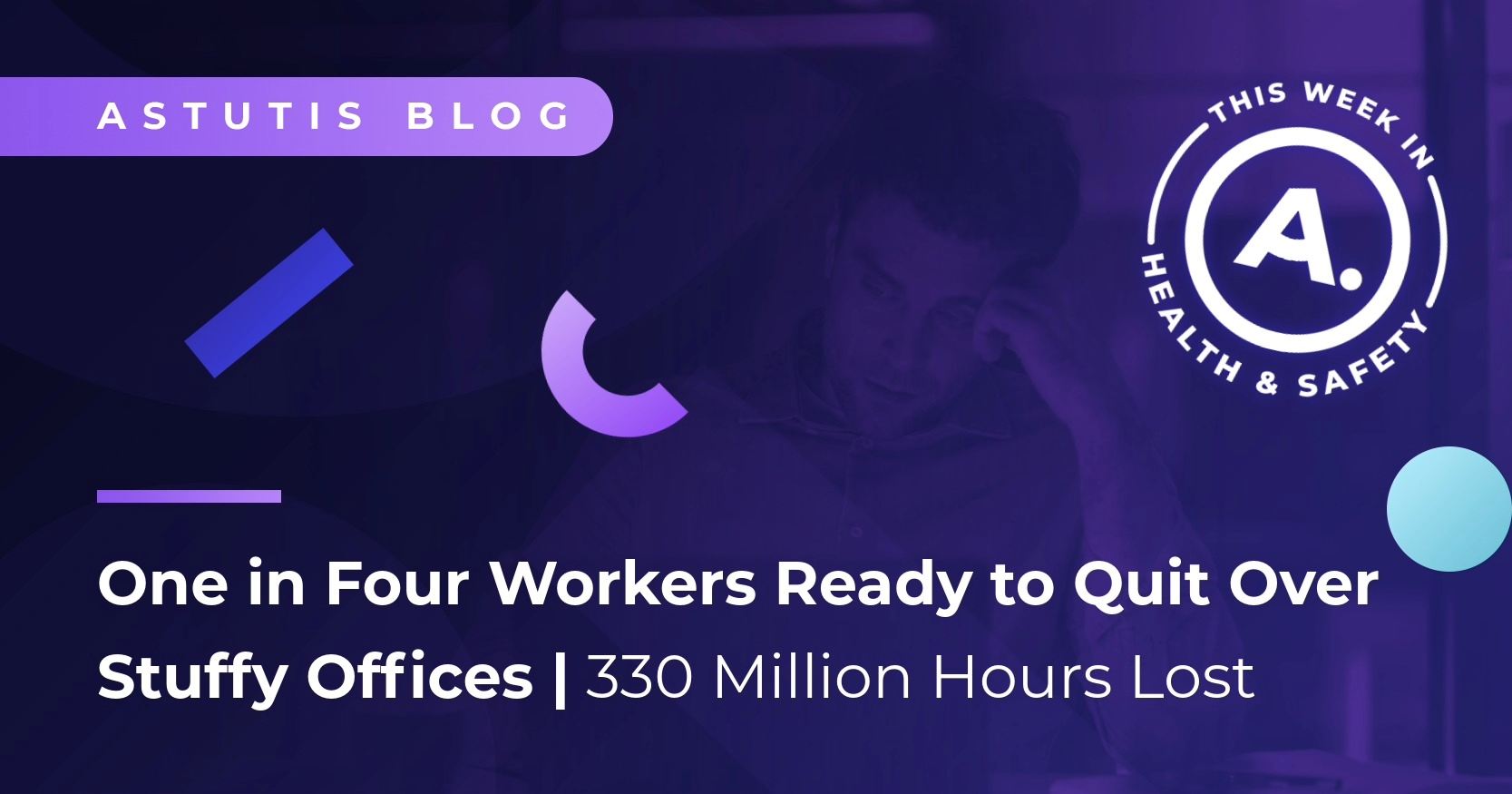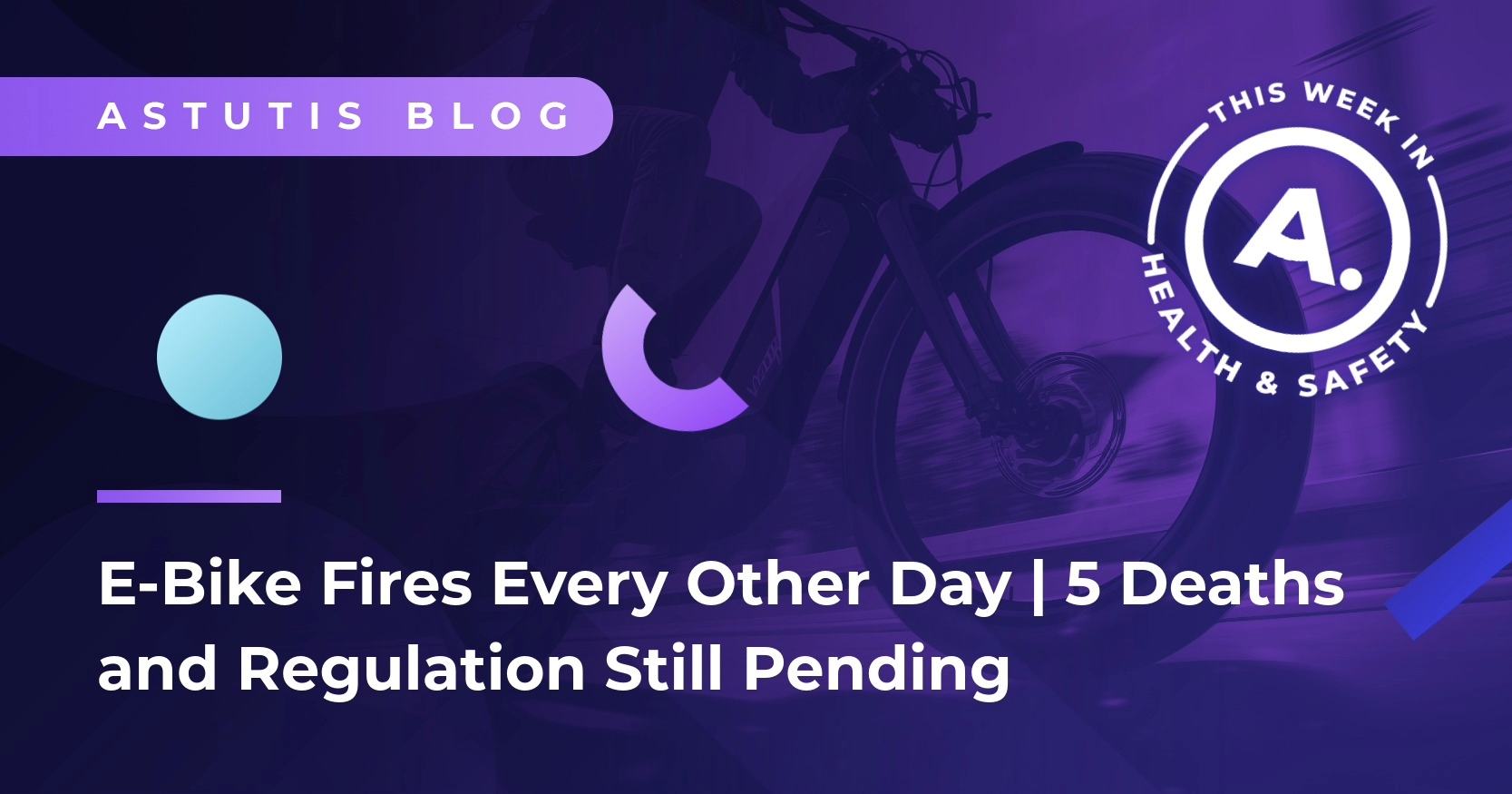Choosing an Environmental Course: ISEP/ IEMA vs NEBOSH
If you’re thinking of embarking on a career in the environment or sustainability, you’ll no doubt be looking at what environmental qualifications and experience you need to secure that dream job. We can walk you through the different courses available to develop your environmental skills, what you can expect from environmental jobs, and the advantages of different professional memberships.
What is ISEP/ IEMA and NEBOSH?
There are two big players in the environmental and sustainability qualification industry; NEBOSH and ISEP, formerly known IEMA.
The Institute of Sustainability and Environmental Professionals, ISEP, formerly known as the Institute of Environmental Management and Assessment (IEMA) is a global alliance of environment and sustainability professionals. As well as developing environmental and sustainability courses to help advance people within the industry, they also create sustainability standards and partnerships to help transform businesses and make them future-proof. ISEP courses are ideal for those who are passionate about environmental and sustainability issues and want to develop a long-term career within the environmental sector specifically.
The National Examination Board for Occupational Safety and Health (NEBOSH) is the leading examining body for the UK health and safety industry. Their courses are designed to teach the skills and knowledge to manage health, safety and environmental issues in all places of work, so their environmental courses are best for those who want to understand and implement environmental management into a set of general HSE skills.
Types and Levels of Environmental Courses
Each qualification body offers a clear progression route with courses suited for the different stages and goals of your career.
Foundational Environmental Courses
As the name suggests, foundation level qualifications provide a basic understanding of environmental and sustainability topics. If you’re just starting out in your career, or perhaps already have some environmental responsibilities within your role and want to expand your knowledge, then a foundation level-course will give you a great introduction into the industry.
Visit our blog to discover the top 3 reasons to take the ISEP Foundation Certificate.
ISEP Foundation Certificate in Sustainability & Environmental Management
The ISEP Foundation Certificate is a 5-day course which covers the effect of global environmental trends on society, the economy and organisations, as well as a range of environmental, sustainability and governance principles and their relationship with businesses. The course also looks at the tools and techniques used to manage and improve sustainability performance, which will introduce you to the practical skills needed when working within the industry.
For information about the ISEP Foundation Certificate exam process, please visit our exam hub.
NEBOSH Certificate in Environmental Management
The NEBOSH Certificate in Environmental Management is also a 5-day course, but it is more of a risk-based qualification. It gives a broad understanding of environmental management and how to control environmental risk on a day-to-day basis. You’ll learn all about the regulations for environmental management, how to develop an environmental management system and how to conduct an environmental impact assessment.
By completing either of these courses, you’ll be able to apply for Associate membership of ISEP (AISEP). We’ll talk more about professional memberships further on.
For information about the NEBOSH Environmental Certificate exam process, please visit our exam hub.
Higher-Level Environmental Courses
These qualifications are suited for those already working in a role where improving sustainability is a main responsibility. You’ll need to have a good understanding of environmental and sustainability concepts, either gained from a foundation-level qualification or from work experience.
ISEP Certificate in Sustainability & Environmental Management
The ISEP Certificate in Sustainability and Environmental Management is a 3-week course is specifically designed to help you achieve practitioner membership of ISEP (PISEP) and covers everything you need to know to become a competent practitioner, including core knowledge, technical knowledge and skills. Practitioner Membership of ISEP is now seen as the benchmark for active environmental and sustainability professionals who are working to deliver change at an operational level.
NEBOSH Diploma in Environmental Management
NEBOSH also offer a higher level qualification - the NEBOSH Diploma in Environmental Management. The course is aimed at those with responsibilities in environmental management and will provide the specialist knowledge to influence standards and practice at every organisational level.
If you need help choosing your environmental course, get in touch with our trained course advisors.
Environment and Sustainability Careers
Sustainability is now seen as a crucial element of business, so it’s no surprise that more and more people are recognising that environmental sustainability is a rewarding and fulfilling career option.
In the ISEP state of the profession survey 2018 - a comprehensive annual report that looks at the views and experience of environmental workers - 68% of professionals said they were satisfied in their job, stating they found the work rewarding and full of opportunity, while also feeling optimistic about tackling the world’s environmental challenges.
Environmental employment is on the rise. Take a look at the Astutis Guide to Environmental Management Jobs.
Salary
As well as offering morally rewarding work, those working in the environment and sustainability can also expect to be rewarded financially. In 2017, 67% of ISEP members received a pay rise. The median annual salary for a full-time environment and sustainability professional stands at £40,000, up 2.6% on the 2017 figure of £39,000 and comfortably above that for UK employees nationally, which was £28,758 in April 2017.
Career Progression
Almost one in three (32%) of environment and sustainability professionals consider themselves career changers, moving from roles in engineering, construction, or manufacturing. For some career changers, the rationale was that the sustainability field became essential to an existing role, but for more it was a personal interest in environment and sustainability issues that led them to change paths. 34% of ISEP Fellow’s described themselves as career changers, highlighting that those coming into the industry later on in their career can still reach the top.
A solid academic background and a commitment to continuous professional development is essential for a successful career within the environment and sustainability. This certainly pays off with a healthy 17% of environmental professionals moving to a more senior role in 2017.
Professional Membership
Joining a professional membership is a great way to enhance your career. As well as offering you access to exclusive resources, CPD and training skills and networking opportunities, they also lead the way to salary increases. As the industry’s leading professional membership body, ISEP has various levels of membership that help support you throughout your career.
Fellow (FISEP) | The highest level. You’re actively embedding change across your organisation, challenging norms, and shaping the profession |
Full (MISEP) | You’re actively leading organisational change. A key player in the sustainability profession improving infrastructure, streamlining efficiencies, and putting vision into practice |
Practitioner (PISEP) | You’re proactively driving operational change and improving efficiencies. As a PISEP, you’ll be known as an experienced practitioner with the knowledge, competence, and drive to make a difference. |
Associate (AISEP) | Your gateway into the sustainability profession. As an AISEP, you’ll expand your horizons, hone your skills, and get access to industry-leading tools and resources to help you do your job. |
Graduate (GradISEP) | You’ve just achieved your qualification and now it’s time to build your skills and expand your knowledge with additional tools, guidance, and resources. |
The 2018 ISEP state of the profession survey reported that when asked about their greatest achievement, many members said that it was achieving an upgrade of their ISEP membership status by demonstrating the skills and knowledge they had gained.
The survey also reported a significant difference in salary between each grade of ISEP membership. An increase of around 60% can be gained through progression from Graduate membership to Practitioner membership, while this salary can be enhanced by almost another 20% via progression to full-ISEP membership.
Contact our trained course advisors who can give you more information about our vast range of environmental qualifications and help you progress your environmental sustainability career today!
If you'd prefer to look for yourself, you can view our full list of NEBOSH and ISEP courses below.
Related Blogs

Real Life Stories









